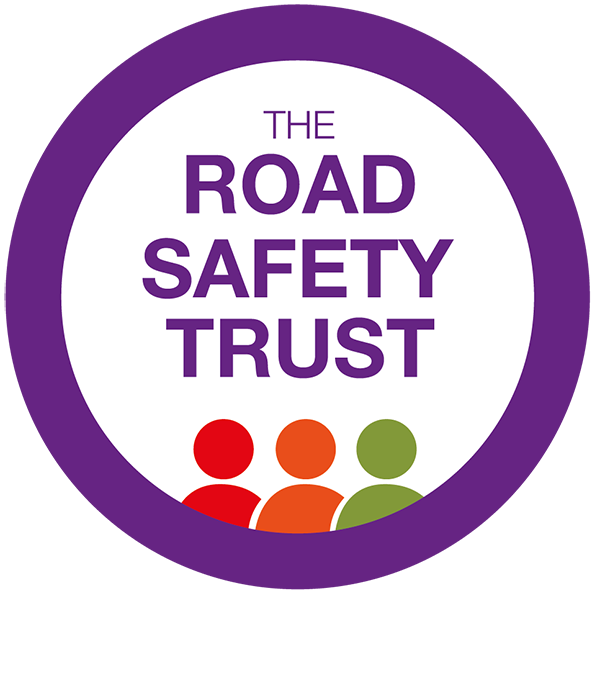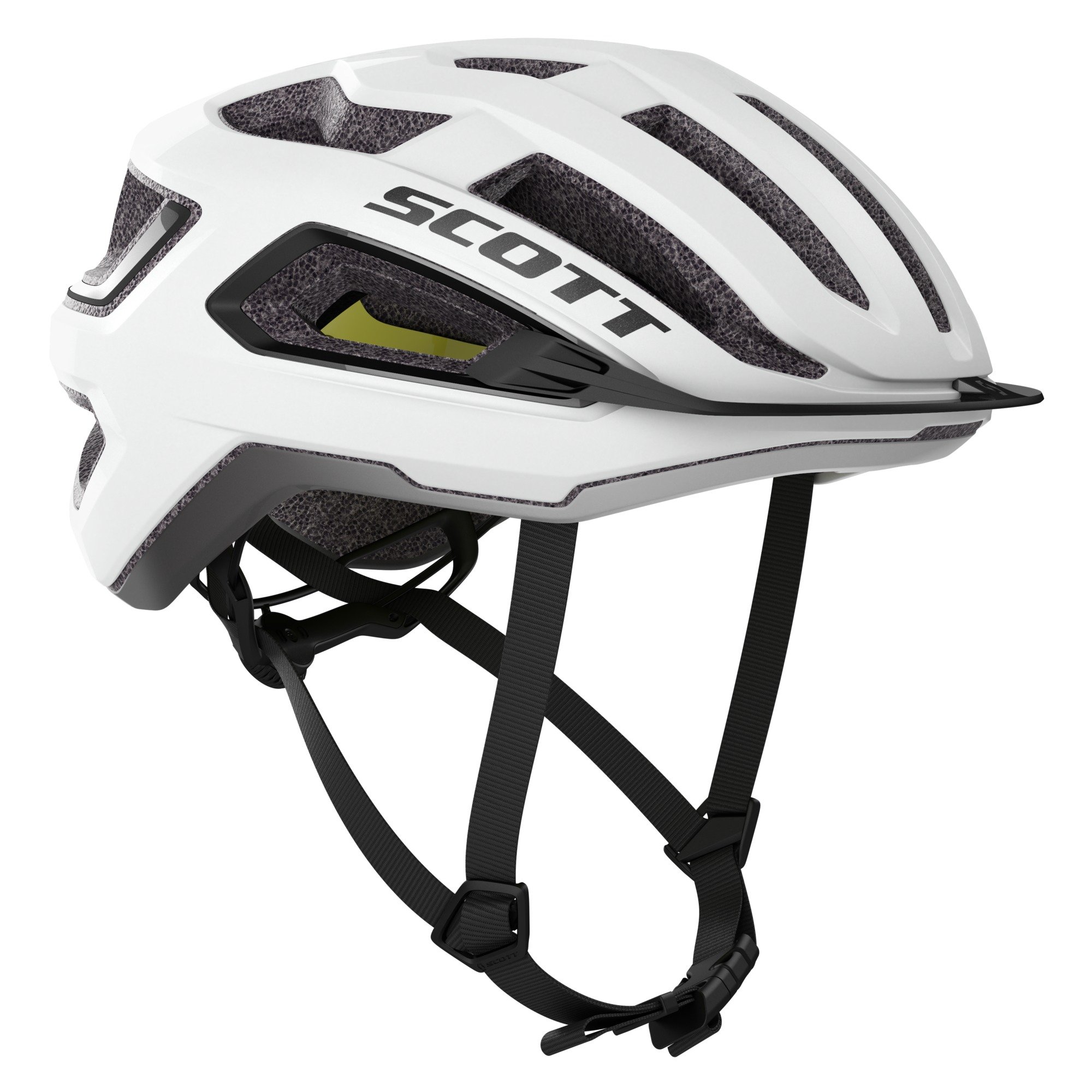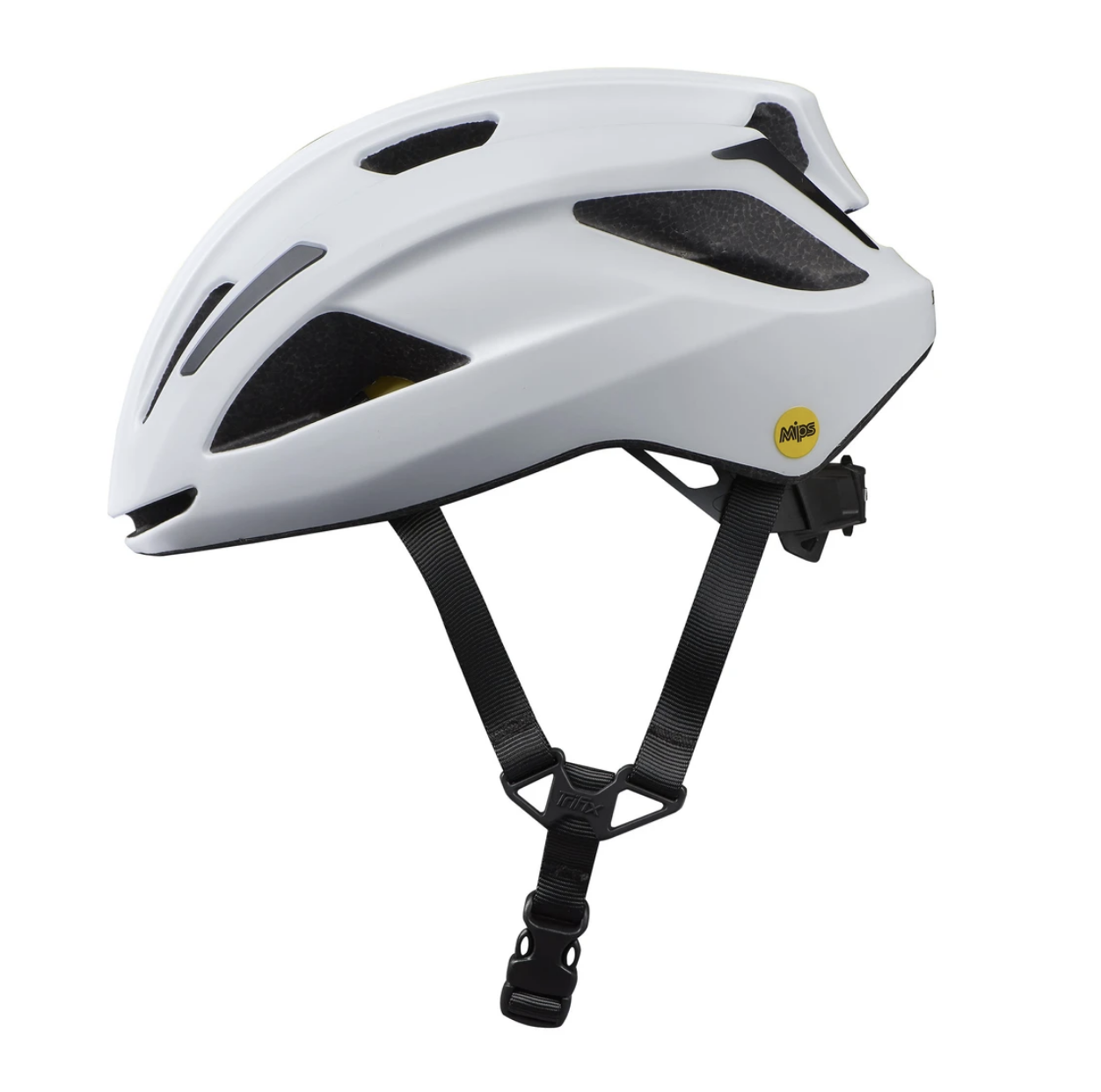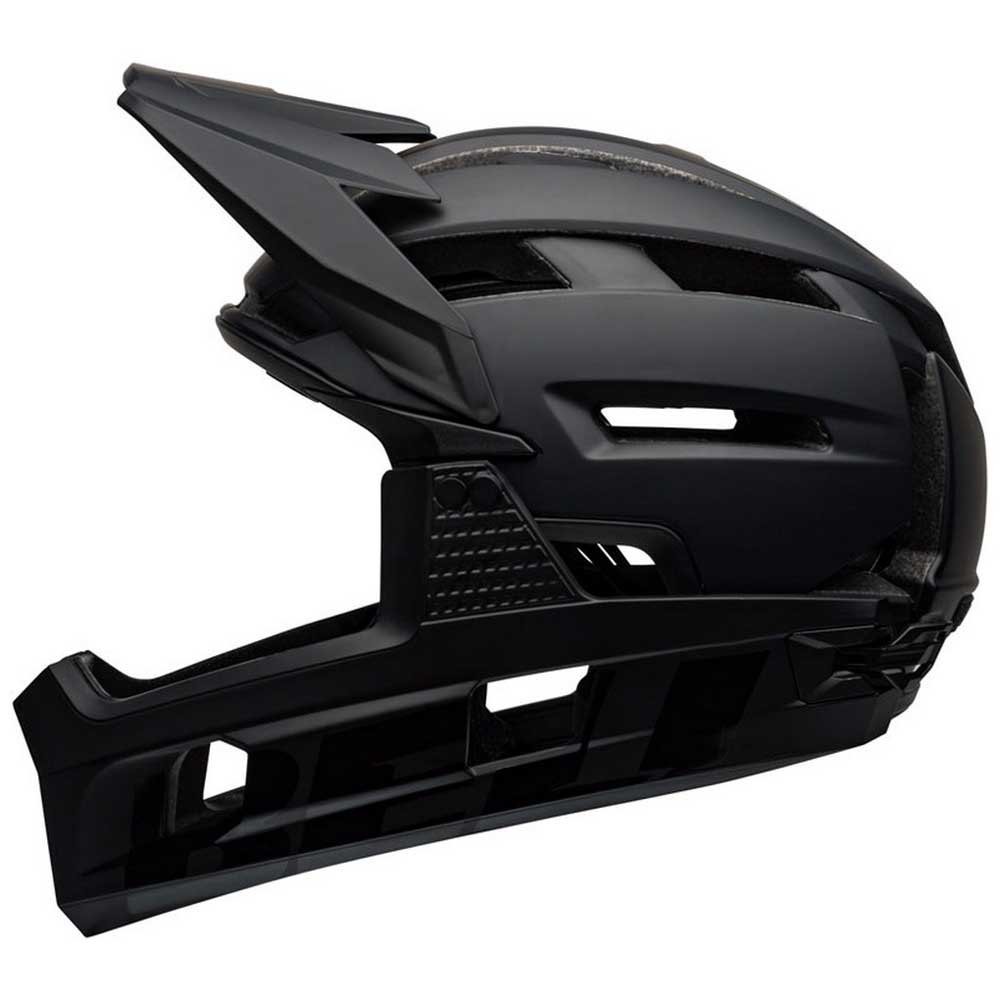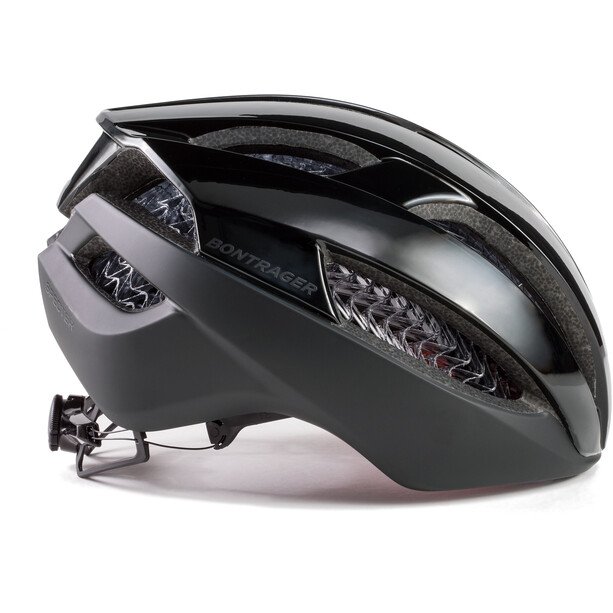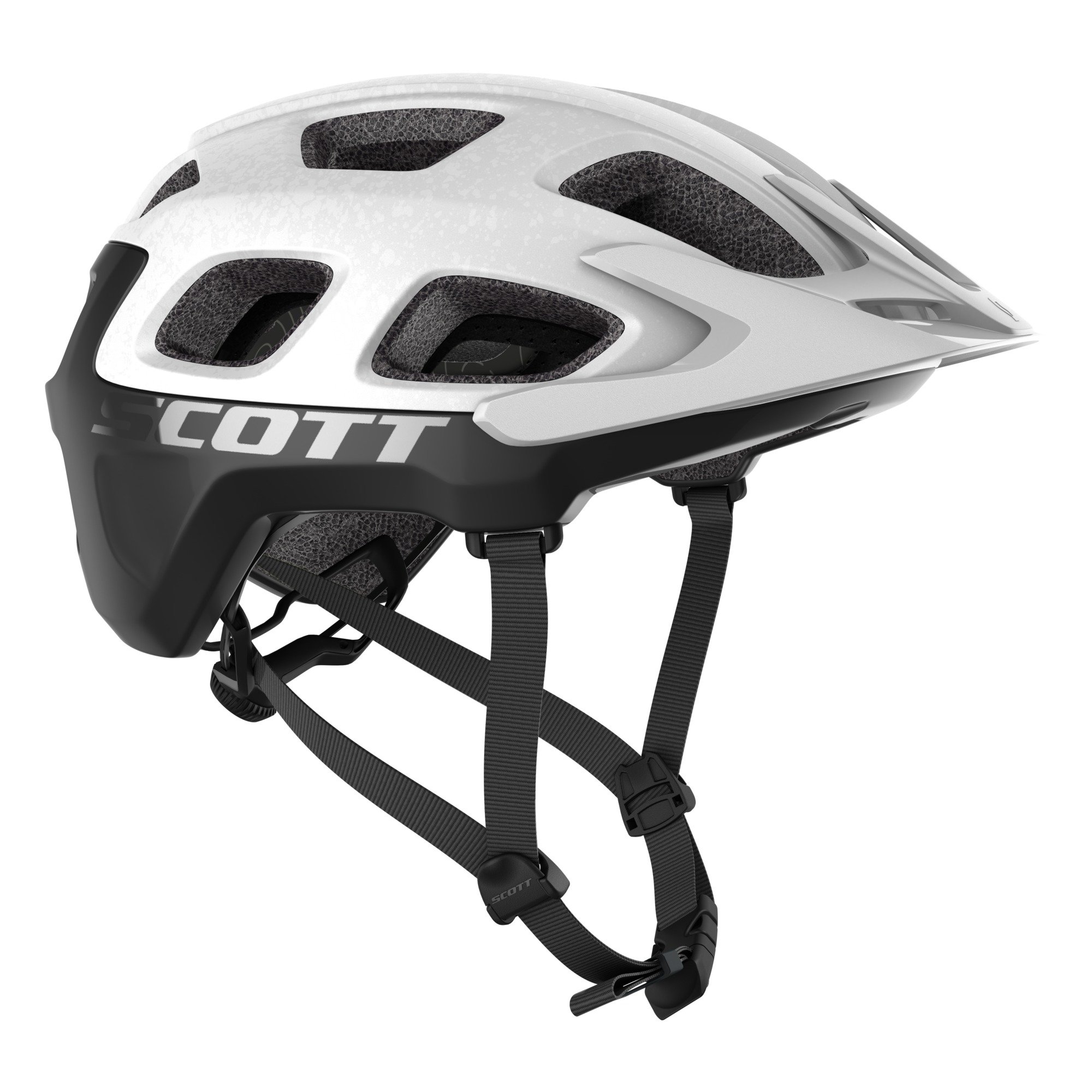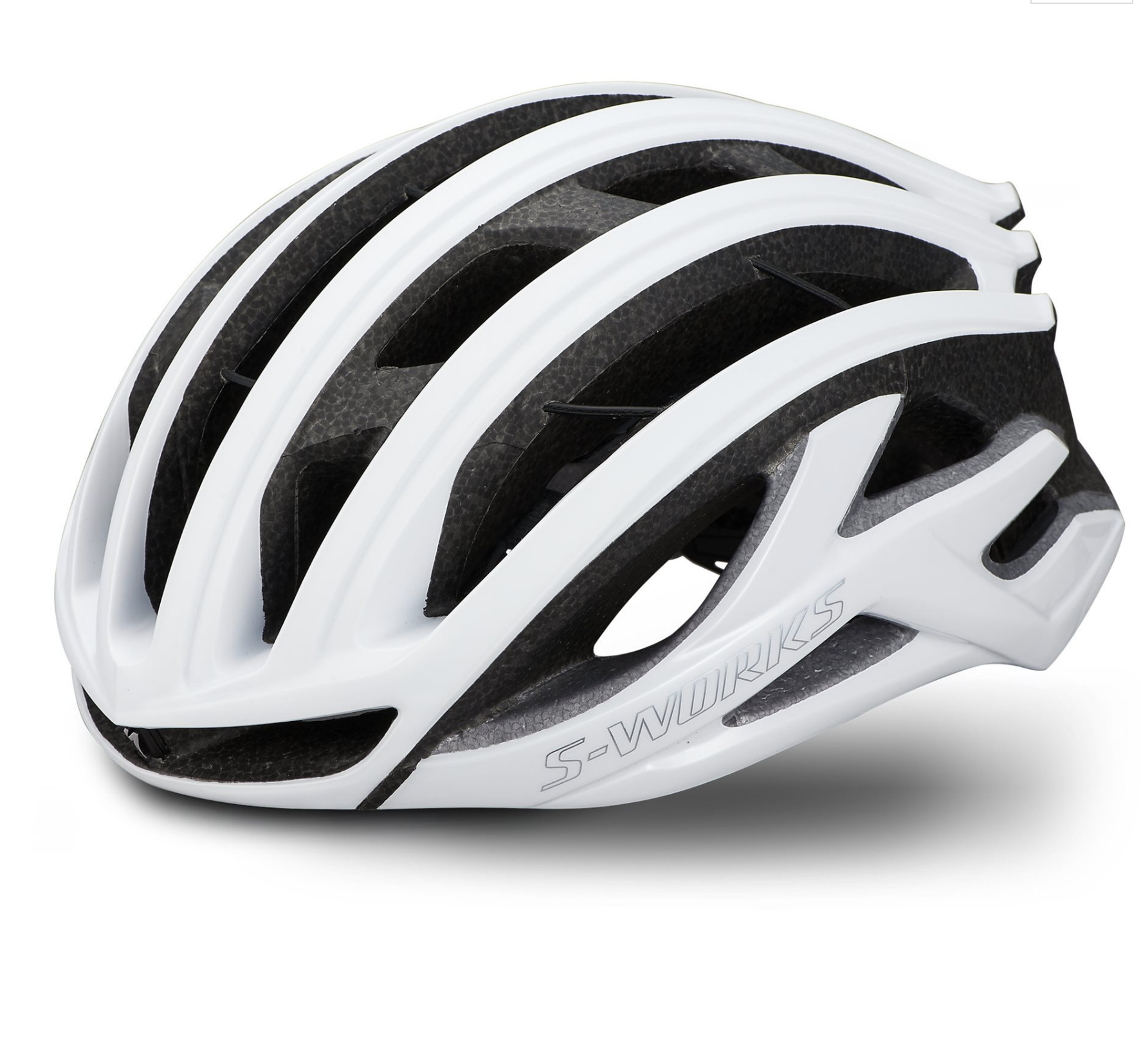Cycle helmet testing reports
Some bicycle helmets offer significantly more protection than others.
It is important that, when consumers purchase safety equipment, they spend their money wisely. Consumer testing can greatly assist in this by informing prospective purchasers about the objective performance of alternative products. An example of such testing is the car safety rating scheme of Euro NCAP, which has helped to inform consumer choice and to motivate vehicle manufacturers to improve the safety of their products.
The UK Department for Transport sponsors a safety rating scheme for motorcycle helmets called SHARP, but no comparable information is easily available to UK purchasers of bicycle helmets. All bicycle helmets sold in the EU and the UK have to meet a minimum safety standard, EN 1078, in order to obtain the CE mark¹, but the impact testing required by that standard is considered to be rather lax (see e.g. The Dome Standards Overview and Bicycle Helmet Research Foundation). Thus, helmets that meet the minimum requirements may not perform adequately in real-life crashes. Prospective purchasers of bicycle helmets therefore cannot be sure that a given helmet will provide a high degree of protection.
The EU test protocol focuses on helmet retention and on direct impact to the surface of the helmet with a target of reducing the risk of skull fracture. It does not examine oblique impacts impact, which result in rotation of the head and consequent concussion injury to the brain. Over the last few years, a number of new test protocols have been developed that examine helmet performance both in direct impact and in oblique impact. Examples are the tests carried in the US by Virginia Tech on behalf of the Insurance Institute for Highway Safety and the tests carried out in Sweden by Folksam (eg. for 2019: Bicycle Helmets tested by Folksam).
At the same time, there have been developments in helmet design targeted at providing protection to wearers from the rotational energy that results from oblique impact. The best known of these is the Multi-directional Impact Protection System (MIPS) technology, developed in Sweden, but there are also a number of other systems with similar objectives.
Helmets with MIPS have a liner that aims to reduce rotational motion of the head by allowing slippage of the helmet interior with relation to the surface of the head and thus reduce the risk of severe brain injury.
Aware of the lack of consumer information to UK purchasers of bicycle helmets, and of the claims made for the better safety performance of helmets with MIPS and similar systems, The Road Safety Trust has once again funded Folksam to expand its usual annual tests of helmets on the Swedish market to include a number of helmets that are widely available to UK consumers.
¹ A new mark called UKCA is replacing the CE mark, but for the time being the CE mark is still valid in Great Britain.
2021 results: adult cycle helmets
It must be stressed that it has only been possible to test a few helmet models.
No conclusions should be drawn about the performance of helmets that were not included in this round of tests or were not included in previous annual test rounds performed by Folksam.
However, the results do provide much food for thought. Two adult helmets performed significantly better than others overall and those have been given the ‘Recommended’ label in the report by Folksam. Both are available on the UK market. They are:
Scott Arx Plus
Specialized Align II
Both are general-purpose helmets and relatively low-cost with an approximate price of £80 for the Scott and £45 for the Specialized. These results confirm that good safety performance does not necessarily mean expensive.
2021 results: children’s cycle helmets
In 2021, the Road Safety Trust has part-funded Folksam for its tests of child helmets in 2021.
Again, it must be stressed that it has only been possible to test a few helmet models; no conclusions should be drawn about the performance of helmets that were not included in this round of tests.
However, the results do provide much food for thought. Two helmets performed significantly better than others overall and have been given the ‘Recommended’ label in the report by Folksam. One, the Lazer Gekko MIPS, is available on the UK market. This helmet costs around £50, and the results for it confirm that good safety performance does not require high expense.
Lazer Gecko MIPS
2020 results: adult’s cycle helmets
Last year’s set of tests produced recommendations of the following models available in the UK:
Of these, the Bontrager is priced at around £110 and the Scott costs around £90, confirming that a top-performing helmet can be purchased at a moderate price.
In summary
All the recommended helmets from the current set of tests incorporate technology for protection against rotational forces, either in the form of MIPS or alternative technologies. In general, helmets with such technologies performed better than helmets without, but it is not the case that all the tested helmets with such protection are recommended.
We hope that these test results will help to inform purchasing decisions by UK consumers, and also encourage helmet manufacturers to raise their game and bring to market new helmet models that perform at least as well as the best existing models.
Downloads
Here are some reports that have been produced so far:
Adult Cycle Helmet Safety Test Results 2019, 2020 and 2021
Adult Bicycle Helmets 2021
Child Cycle Helmet Safety Test Results 2019, 2020 and 2021
Child Bicycle Helmets 2021
Videos
Watch Adult Helmet Testing video
Watch Child Helmet Testing video
Watch 2020 Cycle Helmet Testing video
